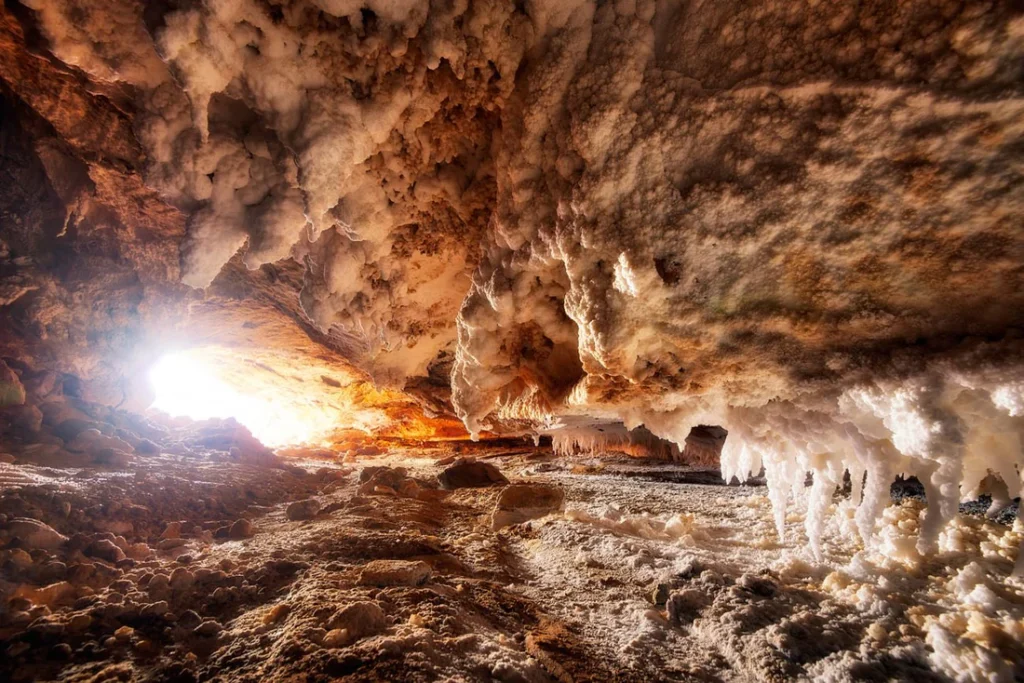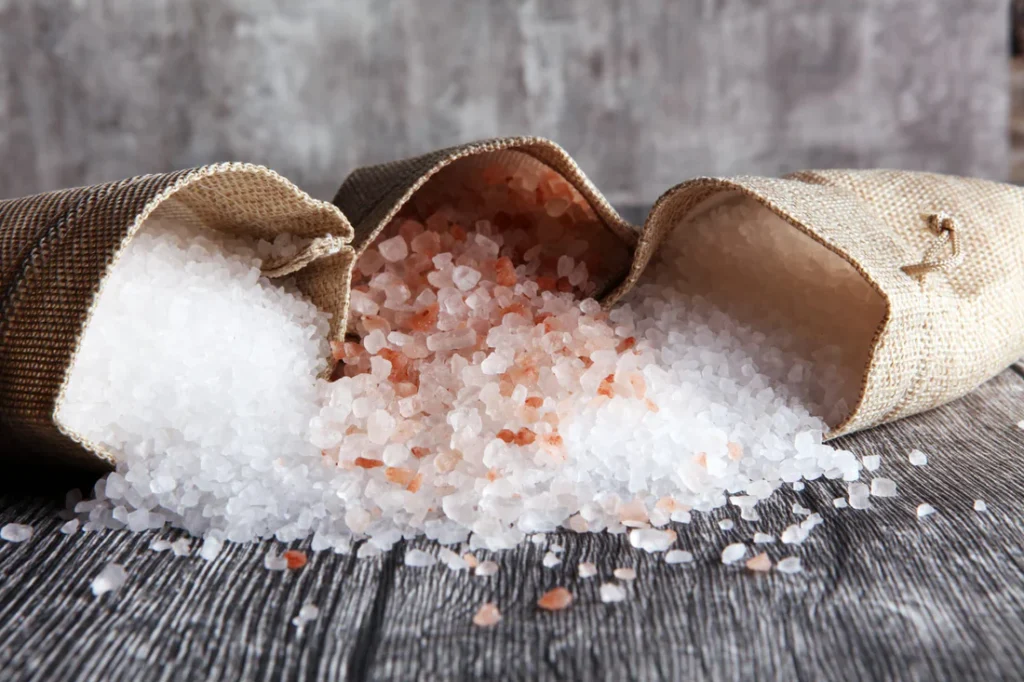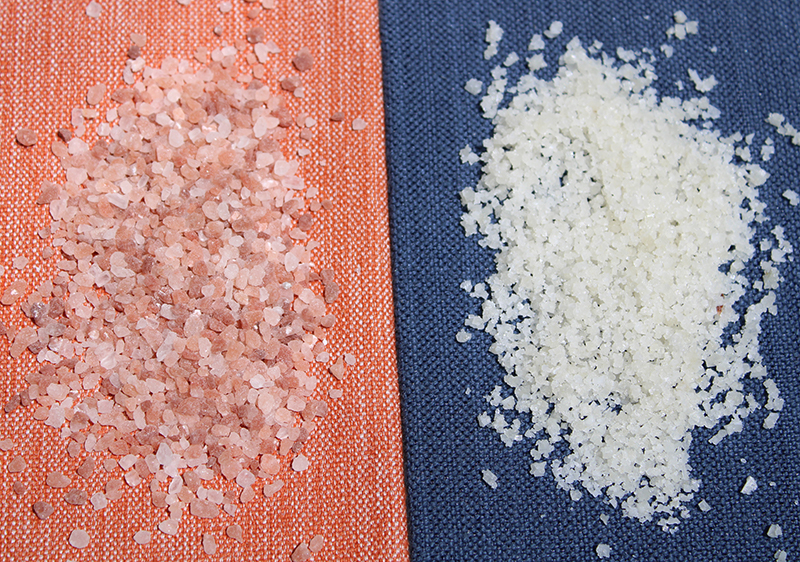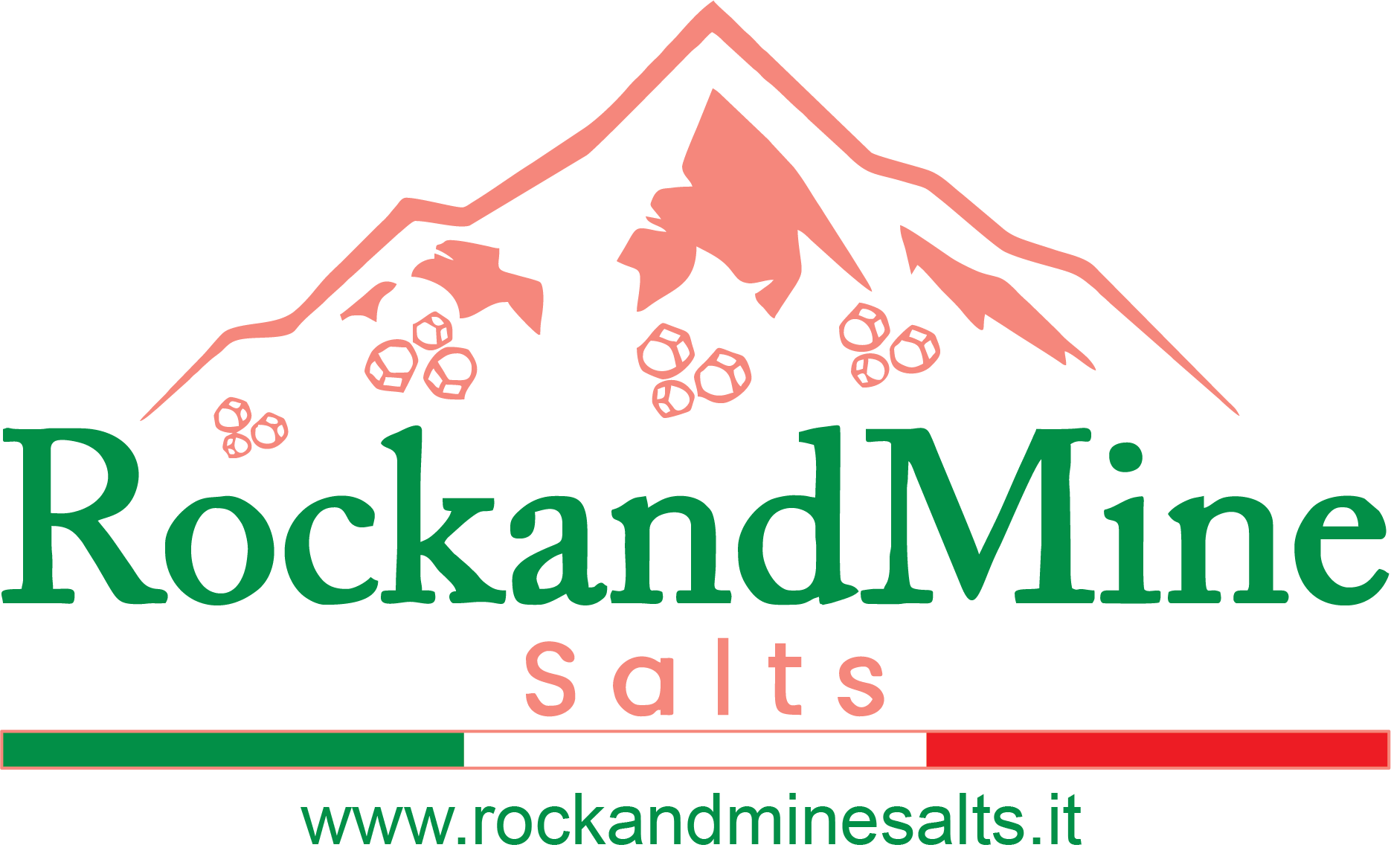Awareness About Himalayan Salt
Himalayan salt is a unique and valuable resource, and understanding its origins, purity, and the ethical practices involved in its production can help consumers make informed decisions when choosing this natural product. In this section, we will dive into the sourcing of Himalayan salt, the methods used to harvest it, and how it stands apart from regular salt.
The Origins of Himalayan Salt: Ancient Sea Beds of the Himalayas
Himalayan salt is believed to help maintain proper fluid balance in the body by promoting better hydration. The minerals in the salt, particularly potassium and sodium, can help regulate the body’s electrolyte balance. When consumed in moderation, Himalayan salt aids in the absorption of water and ensures that your cells stay hydrated, supporting your body’s overall function.
Himalayan salt is often described as the purest form of salt because it has been naturally protected from modern-day contamination. Unlike many other salts, it has not been exposed to industrial processes or pollutants, which helps maintain its natural mineral balance and integrity.

The Purity of Himalayan Salt
One of the defining features of Himalayan salt is its purity. Unlike regular table salt, which undergoes heavy processing, Himalayan salt is typically harvested in its raw, unrefined state. This means it retains over 80 essential minerals and trace elements, such as magnesium, calcium, potassium, and iron. These minerals contribute to the health benefits of Himalayan salt, providing a natural and nutrient-rich option compared to refined salts, which are often stripped of beneficial minerals during processing.
One of the defining features of Himalayan salt is its purity. Unlike regular table salt, which undergoes heavy processing, Himalayan salt is typically harvested in its raw, unrefined state. This means it retains over 80 essential minerals and trace elements, such as magnesium, calcium, potassium, and iron. These minerals contribute to the health benefits of Himalayan salt, providing a natural and nutrient-rich option compared to refined salts, which are often stripped of beneficial minerals during processing.

The Harvesting Process
Himalayan salt is hand-mined, a process that ensures minimal environmental impact and retains the salt’s purity. Skilled workers carefully extract salt crystals from the mines using traditional, manual techniques. After the salt is extracted, it is washed to remove any dirt or impurities, and it is then sun-dried to maintain its natural mineral content. This low-impact harvesting method preserves the integrity of the salt, which is why it is considered a more eco-friendly and sustainable option compared to many other salts that are heavily processed.
Some Himalayan salt producers even take additional steps to ensure environmental sustainability by using ethical mining practices, avoiding harmful chemicals, and working with local communities to ensure fair wages and working conditions.

How Himalayan Salt Differs from Regular Salt
Himalayan salt stands apart from regular salt in several important ways:
• Mineral Content: As mentioned, Himalayan salt contains more than 80 trace minerals, while regular table salt primarily consists of sodium chloride. Many of these minerals in Himalayan salt contribute to its health benefits, such as improved hydration, better sleep, and detoxification.
• Processing: Regular table salt undergoes extensive processing, which often includes bleaching and the addition of chemicals like iodine and anti-caking agents. In contrast, Himalayan salt is minimally processed and is typically free from additives.
• Taste: The flavor of Himalayan salt is often described as more complex and less harsh compared to regular table salt, due to its natural mineral content.
• Environmental Impact: The extraction of Himalayan salt is less industrialized and often involves sustainable mining practices, unlike some regular salts that may be extracted using high-energy methods that can harm the environment.

Ethical Practices in Himalayan Salt Production
When choosing Himalayan salt, it is important to be aware of the ethical practices behind its production. Many reputable producers ensure that the salt is mined responsibly, with respect for both the environment and the workers involved in the mining process.
• Fair Trade and Worker Welfare: Many Himalayan salt producers partner with fair trade organizations to ensure that workers are paid fairly and work in safe conditions. Ethical mining practices also include initiatives to help local communities by investing in infrastructure and education.
• Environmental Sustainability: Ethical producers of Himalayan salt are committed to protecting the environment by using minimal energy for extraction and ensuring that the process does not harm the local ecosystem. Some producers also invest in reforestation efforts or renewable energy sources to reduce the carbon footprint associated with salt production.
• Supporting Local Economies: The Khewra Salt Mine is an important source of employment for many people in the region. Ethical salt producers work directly with local communities, helping to boost the local economy and providing jobs in a traditionally underserved area.

Why Choose Ethically-Sourced Himalayan Salt?
Choosing Himalayan salt from ethical sources ensures that the product is not only beneficial to your health but also contributes to a positive impact on the environment and local communities. When purchasing Himalayan salt, it is important to support brands that prioritize sustainability, fair labor practices, and environmental responsibility. This ensures that the salt you enjoy is not only pure and natural but also part of a responsible and ethical supply chain.

Why Himalayan Salt is Important Beyond Food
Himalayan salt is much more than just a healthy alternative to regular salt. Its unique origins, high mineral content, and natural purity make it a standout product in the world of wellness. By understanding its sourcing, purity, and the ethical practices behind its production, consumers can make a more informed choice when selecting Himalayan salt, knowing they are supporting sustainable practices that benefit both their health and the world around them.
